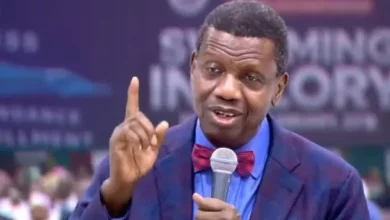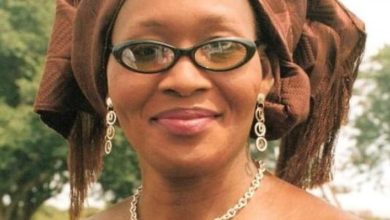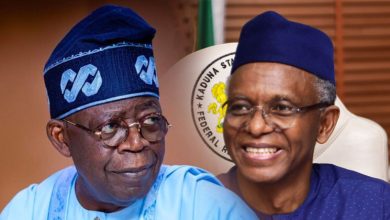Transfer News: West Ham Eye Raphael Onyedika, Dortmund Interested in Tolu Arokodare

Raphael Onyedika, a midfielder for Club Brugge, is being watched by West Ham United as the summer transfer window approaches.
Following his outstanding exploits in the UEFA Champions League, Raphael Onyedika is a valued asset after yet another outstanding season under coach Nicky Hayen.
Onyedika is a 24-year-old defensive midfielder who helped Blauw-Zwart win the Belgian Cup last month and is helping Club Brugge win the Belgian Pro League for the second time in a row.
According to reports from Voetbalkrant, West Ham is very interested in the brilliant Nigerian international, but AC Milan may be a fierce rival.
Onyedika has been improving his profile after joining Club Brugge from Danish team Midtjylland in 2022.
Additionally, former Chelsea winger Florent Malouda has advised Christopher Nkunku to think about joining Arsenal.
Nkunku would be a great fit for the Gunners and Bayern Munich, according to Malouda.
Despite acknowledging the possible advantages of a transfer, he stresses that Nkunku should evaluate his current standing at Chelsea and the value of consistent play, particularly with the World Cup approaching next year.
The best places for him to go would be Arsenal or Bayern Munich, but I’m not sure whether leaving Chelsea is the correct choice, Malouda said.
“I think Nkunku is a fantastic player, and I hope he fights for his spot and shows off his early promise. It appears that, like Jadon Sancho, he might be facing some mental challenges.
“Adjusting to a new environment is difficult, and the athlete must prioritize personal development even when Bayern offers competition. He might advance while getting ready for the next World Cup with the support of teams like Arsenal or Bayern Munich.
Read Also: 19-Year-Old Girl Allegedly Takes Own Life After UTME Setback
As of right now, Nkunku has had difficulty earning a place in Enzo Maresca’s starting lineup and has mostly played in cup games. He is thinking about a possible relocation to fulfill his ambition of playing more frequently.
In addition, KRC Genk striker Tolu Arokodare has drawn interest from Bundesliga team Borussia Dortmund.
Currently leading the Belgian Pro League in scoring with 22 goals and seven assists, the Nigerian international is having an incredible season.
After electing to stay with manager Thorsten Fink at Genk after nearly transferring to Trabzonspor last summer, Arokodare has drawn interest from clubs in both England and Turkey.
According to Transfermarkt, Arokodare is a target for Borussia Dortmund for the 2025–2026 campaign.
According to reports, Genk is willing to part with their star striker for the appropriate price, despite Arokodare’s 2027 contract.





